Business
The ultimate treasure hunt: Places and sites rich with metallic minerals
Zinc, copper, platinum, gold, and silver are considered the cream of the crop among metallic minerals.
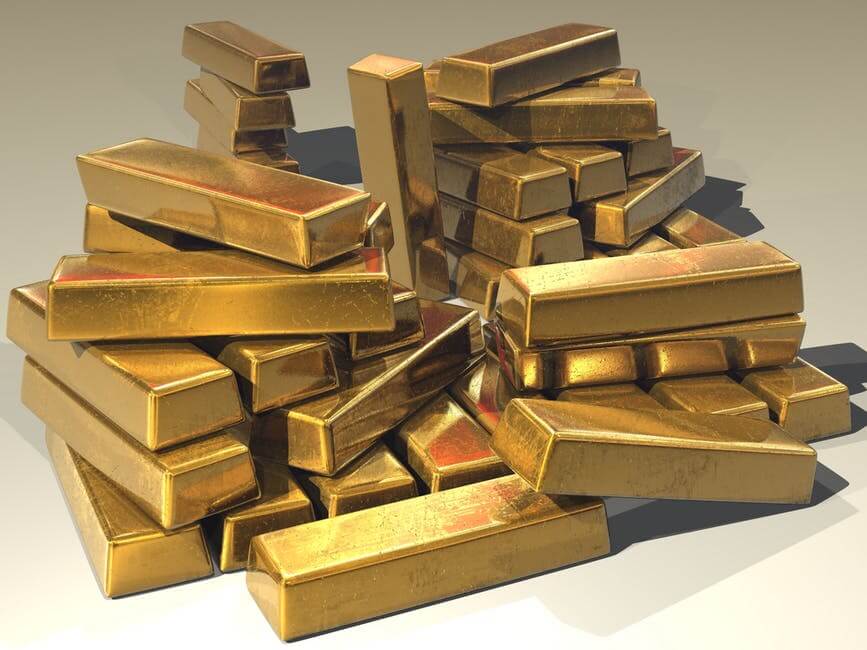
However exciting films like “Pirates of the Caribbean” or the “Indiana Jones” series present the activity of treasure hunting, the real treasures that the world values are not just valuable artifacts or jewelry, or hoards of pirate (enchanted, magical, dragon-guarded) gold. They are metallic minerals buried deep in the earth, extracted as ore, and refined and processed into their useful forms. Without these minerals, the world’s financial system, as well as its industries and manufacturing, would grind to a halt—they are, literally, part of the building blocks of our civilization.
There are a lot of minerals that we need and use every day—so we’ll focus on those that have achieved legendary status as our ultimate treasures.
Gold
Although the term “gold rush” is now forever associated with the find in Sutter’s Mill, California in 1848, man has been fond of gold since millennia ago. One country that popular culture has not associated with gold is China. This is ironic since it has been the largest producer of gold in the world for some time now.
China achieved top gold producer status in 2007, although it has been mining gold since 3000 B.C. The world’s richest gold mines are in China’s Jiaodong Peninsula, which is east of the North China Craton. It’s estimated to have more than 3000 tons of gold deposits. Back in 2007, China’s output was at 276 metric tons of gold, which overtook South Africa’s production that year (at 272 tons).
Gold is the stuff of legends and fables and has been given religious and mystical significance throughout history. Gold will continue to fire up our imaginations and turn the wheels of our finances and industry in the distant future. Not only is gold useful as currency or jewelry but it’s also a valuable commodity for use in computers and electronics, medicine and dentistry, for space travel technology, and yes, as symbols of the ultimate human achievements in fields like sports, science, and the arts.
Silver
This mineral might not be as expensive as gold, but it’s still very important for many reasons. Silver is a much stronger metal than gold, and it is also the best electrical conductor. This is why it is prized in industry and electronics.

Silver might be not as valuable as gold but it is used in many applications across various industries. (Source)
Silver is used in creating joints between metals because of its high tensile strength. At the same time, it is an essential ingredient in chemical reactions and even has anti-microbial properties. Silver’s germ-killing action has made it a part of water filters, food packaging, washing machines and other devices related to health and medicine. And while silver is used as currency, in jewelry, and for awards, it is also an important component of engine parts, mirrors, glass, and others.
Mexico holds the distinction of having the world’s biggest silver mine: Penasquito in the northeast part of the State of Zacatecas. As of December 2012, it was estimated to have 911.8 million ounces of silver. The mine is expected to continue production until December 2011.
Copper
Copper is not as popular as silver or gold, but it has been a valuable metal since the dawn of civilization–as early as 8,000 B.C. It is more easily shaped and stretched compared to silver or gold, and when combined with tin, will produce bronze. It was copper that brought humans to the Bronze Age, which set us on the course of progress from 3,000 B.C. until today
In ancient times, copper was used in coins, jewelry, and tools. Today copper is valuable in creating alloys for domestic, industrial, and electronics use. For example, a copper-nickel alloy is used in ships because it is resistant to seawater. Copper has a resistance to corrosion and is also a good electrical conductor. It can be used in circuitry, microprocessors, and even electric motors because it helps all these to operate faster and more efficiently.
When it comes to copper, Chile is the world’s top copper producer, followed by the United States. The top 5 copper mines in the world are in these two countries. The top spot is occupied by the Escondida mine in Chile. In 2014, it produced 1.148 million tons of copper concentrate.
Platinum
Platinum is rarer than silver and gold, but it is not always pricier. Some had pointed out times when platinum became cheaper than gold. However, platinum will stay as one of the top precious metals in the world because of its rarity. There have been various ways to describe how rare it is, including one estimate that says all the platinum ever mined could fit in someone’s living room.
Platinum is a valuable ingredient in the automobile industry, as it is used in devices that remove toxins from gasoline. It is also used in chemical reactions to create byproducts that are used in fertilizers, plastics, gasoline and in fuel cells. One of the newer uses of platinum is in cancer therapy since it was found to inhibit the growth of tumors.
The world’s largest producers of platinum are mostly in South Africa (although there’s also some being produced in Canada). This makes South Africa truly an ultimate platinum treasure trove.
Zinc
China is again considered a top producer of another precious metal—this time, zinc. Zinc has so many uses in industry, electronics, and even for our health, as it is an essential micronutrient that the body needs. Mainly, it is used heavily by industry for its ability to resist rust and corrosion. This is why zinc is mostly used to galvanize steel—both in the construction of buildings and in the manufacture of cars.
For the past two years, there’s been a decline in the world’s supply of zinc. Some big zinc mines closed down in 2015 and 2016, and other mines have been cutting production. This has made the price of zinc rally in the market in 2016 and is expected to continue in 2017, which has investors keeping zinc in their sights.

-

 Cannabis1 week ago
Cannabis1 week agoWhen a Cutting Becomes a Cannabis Plant: Court Clarifies Germany’s Three-Plant Rule
-
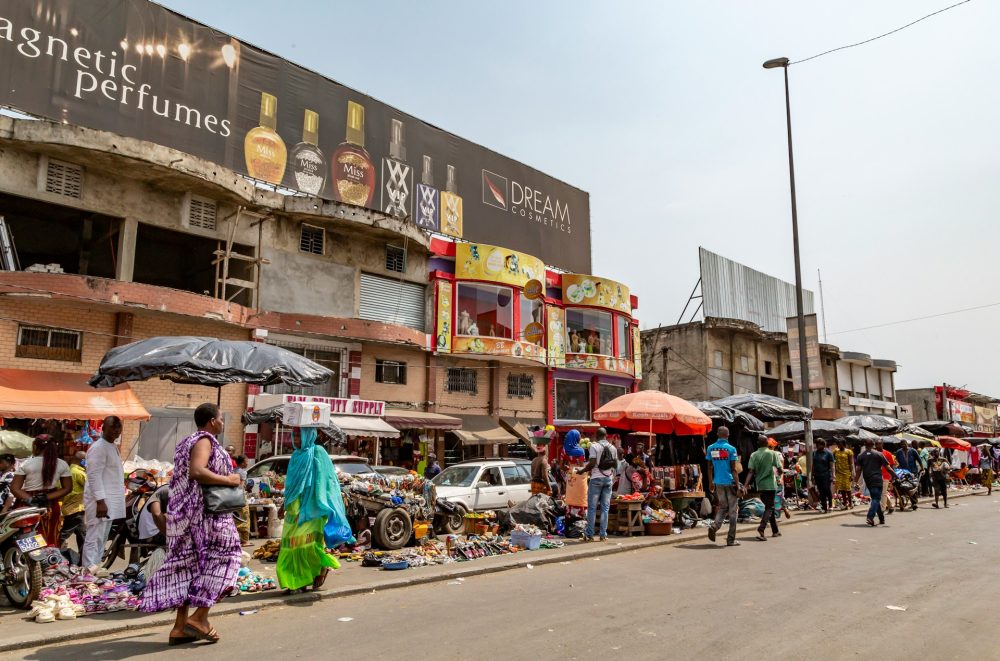
 Africa2 weeks ago
Africa2 weeks agoIvory Coast Development Plan 2026–2030: Investment, Growth, and Strategic Reforms
-

 Africa3 days ago
Africa3 days agoMASI Surge Exposes Market Blind Spot: The SAMIR Freeze and Hidden Risks
-

 Crypto1 week ago
Crypto1 week agoBitcoin Rebounds Above $70K as Crypto Markets Show Fragile Signs of Recovery


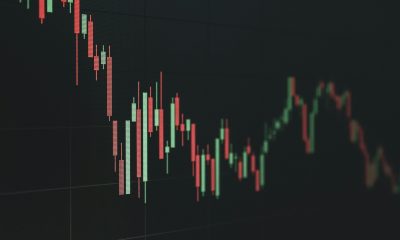

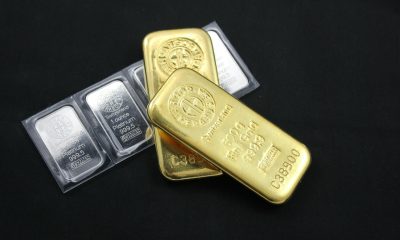

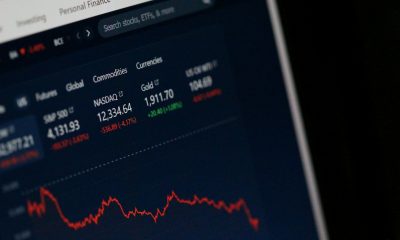

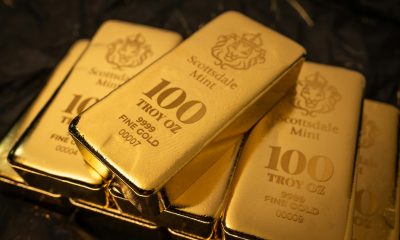

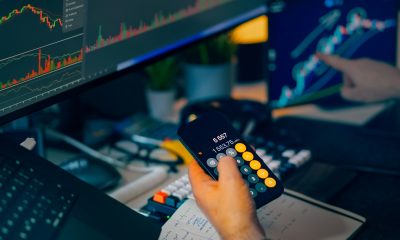















You must be logged in to post a comment Login